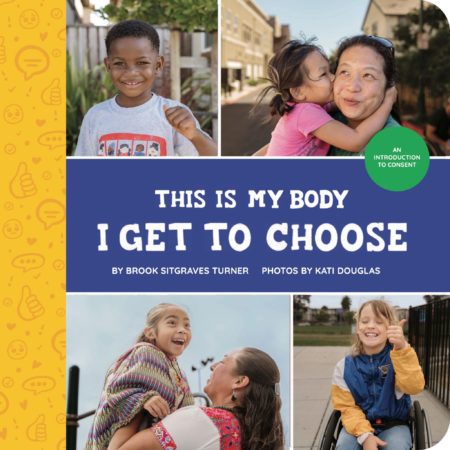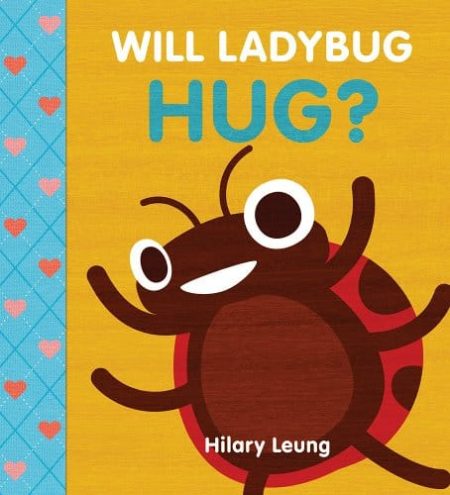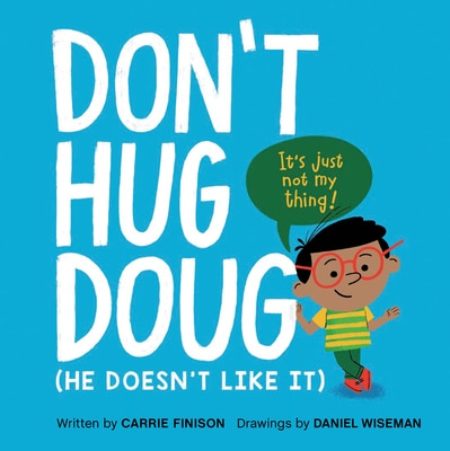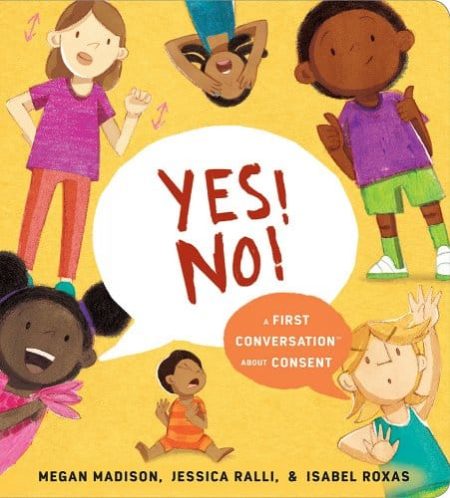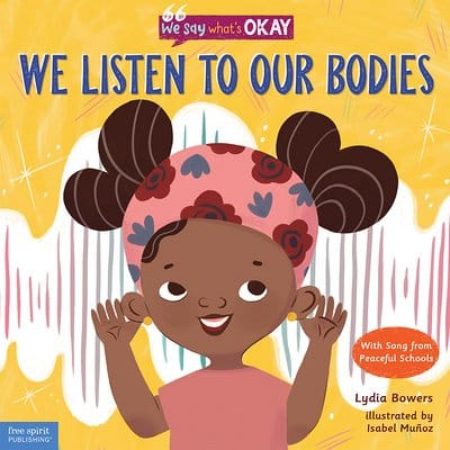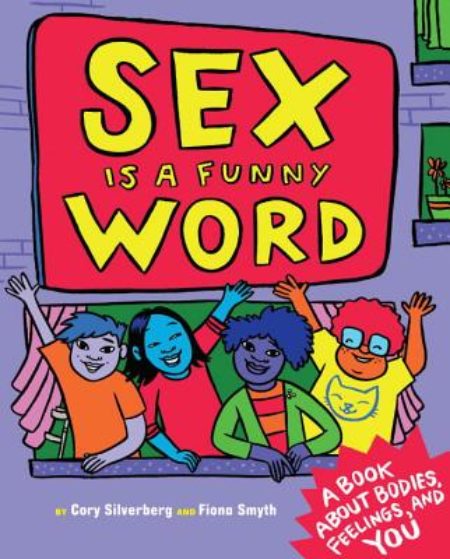It’s never too early to teach kids about consent—these books can help
It's never too early to teach your child about consent and boundaries.
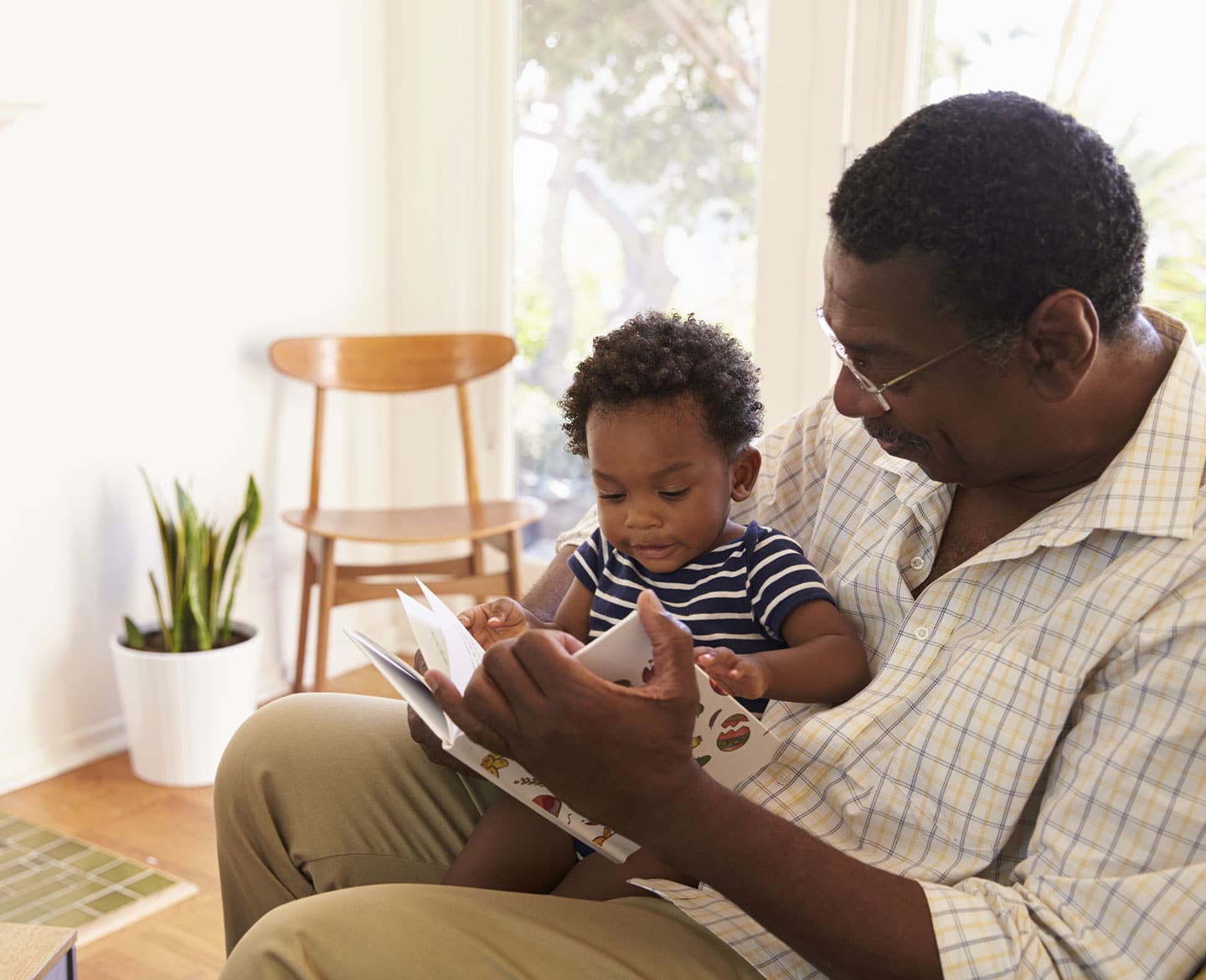
We independently select and share the products we love—and may receive a commission if you choose to buy.

Every month, Little Feminist curates the best diverse books the globe offers, so grown-ups can focus on raising brave and kind humans. One of the topics most important to us is teaching body autonomy and consent to our children.
We believe story time is an opportunity to reinforce that each of us is the boss of our body, which means we wait to hear “yes” before we touch/play.
For over two years, we’ve been searching for the best books to teach our kids about consent and body autonomy, but none of them were written with babies and toddlers in mind—and consent is an important topic to start teaching early!
That’s why we wrote our own body autonomy board book called “This is my Body – I Get To Choose: An Introduction To Consent.” The book is written with littles in mind while supporting their grown-ups, giving parents and carers the language they need to start conversations about consent.
What is body autonomy?
Let’s talk about body boundaries, consent and respect. In its simplest form, consent is giving permission for something to happen. At Little Feminist, we love the term “My body is mine.” We aim to give parents and carers the tools to create positive habits around bodily autonomy: not assuming consent from children and teaching that kids have a right to decide what happens to their bodies. Teaching this is a critical social-emotional skill that we can nurture as part of raising empathetic, body-positive kids. We want our kids to understand that their body is their own and the importance of respecting others’ bodies (and boundaries!)
How to raise children that stand for body autonomy & why it’s important
Giving affection can be freely given and withheld, and boundaries need to be in place for full body autonomy. Our little(s) rely on how we model (and teach) consent. Teaching consent is just as crucial for a baby as it is for a teen or an adult. And we know that modeling consent should start at the baby and toddler stages because a child’s body—and their autonomy over it—is just as important as an adult’s.
For example, you can practice asking for hugs and kisses and encourage friends and family to do the same. Using verbal cues, body language and other strategies, you can teach children about consent during babyhood. Take diaper-changing: you can make eye contact, acknowledge our baby, and include them in the process and experience. For example, “I’m going to open your diaper now and wipe you. Then I’m going to put your diaper and pants back on.” Leading by example will teach them to ask before touching and respect the response.
Related: Why I don’t make my kids apologize
But what if your child doesn’t have a choice (e.g., bath, clothing, doctor’s visit)? You can still offer options. For example, “It’s time to put on your shoes. Do you want to wear your blue or red shoes?”
Over time, the conversation can expand to how consent plays a role in healthy relationships. Once you start teaching consent at an early age your kids will start developing a foundation of skills that will impact other areas of their life, such as:
- Body awareness
- Understanding their own feelings and others’ emotions
- Reading body language
- Asking questions
- Communicating with those around them
Why The Little Feminist created our own books about body autonomy
Books about consent are one of the most requested topics from our book club members. We’ve read all the books about consent and realized there were no complete baby/toddler-friendly titles. Most existing books about consent focus on animals rather than being feminist and intersectional, meaning: anti-racist, body-positive, trans and gender-fluid inclusive, and challenging ableism. And we found this was problematic because teaching consent really does start with babies and toddlers, according to research.
The end results? We decided to write the book we knew was missing, written and photographed specifically for 0-6-year-olds. Studies show racial bias starts as early as 6-months old, which makes meeting people and families different from us is even more important starting at a young age. We feature photographs and rhyming text in our books because babies and toddlers really relate to them.
6 favorite books about body autonomy
While you’re waiting for our new body autonomy board book on consent (coming March 2023!), here are our favorite children’s books about consent. They’ll help your little feminist learn about consent and develop the listening, language, and communication skills they need to navigate today’s world. And, they can tuck these life lessons in their hearts to carry them into future relationships!
This story is a part of The Motherly Collective contributor network where we showcase the stories, experiences and advice from brands, writers and experts who want to share their perspective with our community. We believe that there is no single story of motherhood, and that every mother's journey is unique. By amplifying each mother's experience and offering expert-driven content, we can support, inform and inspire each other on this incredible journey. If you're interested in contributing to The Motherly Collective please click here.
